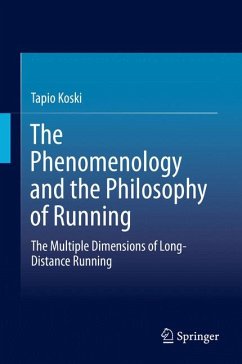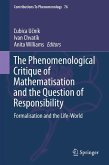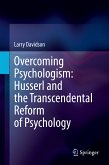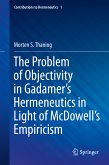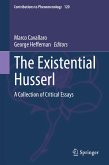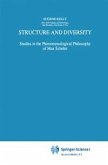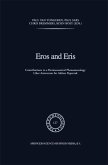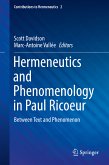Running is a versatile form of physical exercise which does not reveal all of its dimensions at once. These dimensions escape the eye and are not revealed to the runner conceptually, but rather as sensations and emotions. Instead of concentrating on conceptual analysis, this book explores the emotions and experiences and examines the meaning that running has in runners¿ lives. Using the participative method, in which the author is both the research subject and the researcher, the book contributes to the philosophy of physical exercise.
The research made by Koski is exceptional, and not only because of the topic itself, which also is out of the ordinary. Koski has been fortunate to discover a topic which offers immensely great opportunities to explore and present basic human philosophical themes in a new, fascinating conceptual environment.
Emeritus Prof. Lauri Routila
I don't know of anyone who has done this in English, certainly not to your depth. -- This project in unique, wonderful, and important
Amby Burfoot
Dieser Download kann aus rechtlichen Gründen nur mit Rechnungsadresse in A, B, BG, CY, CZ, D, DK, EW, E, FIN, F, GR, HR, H, IRL, I, LT, L, LR, M, NL, PL, P, R, S, SLO, SK ausgeliefert werden.

